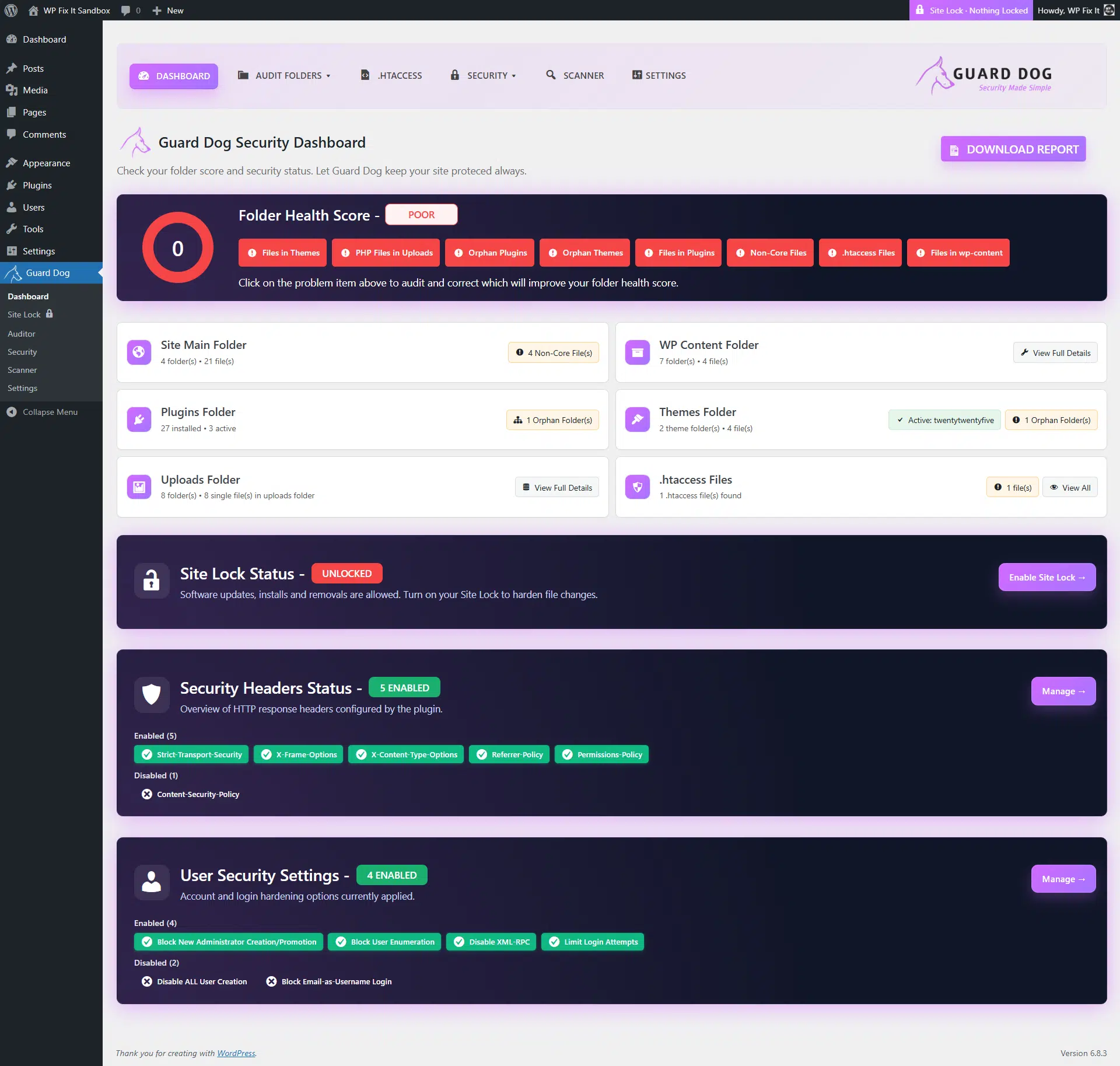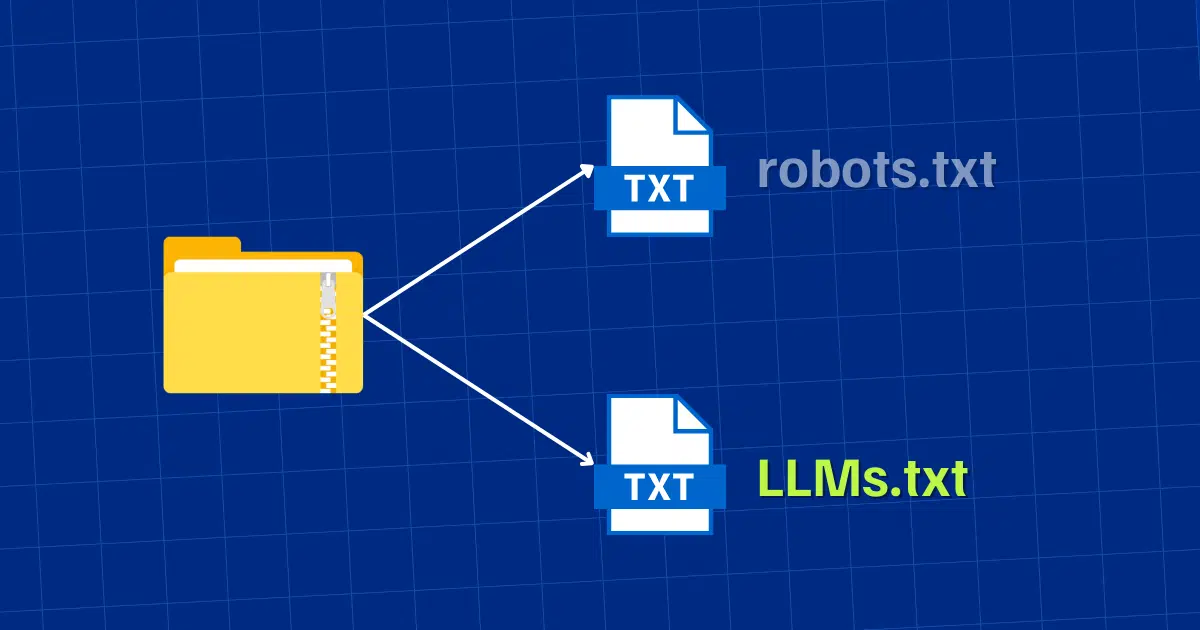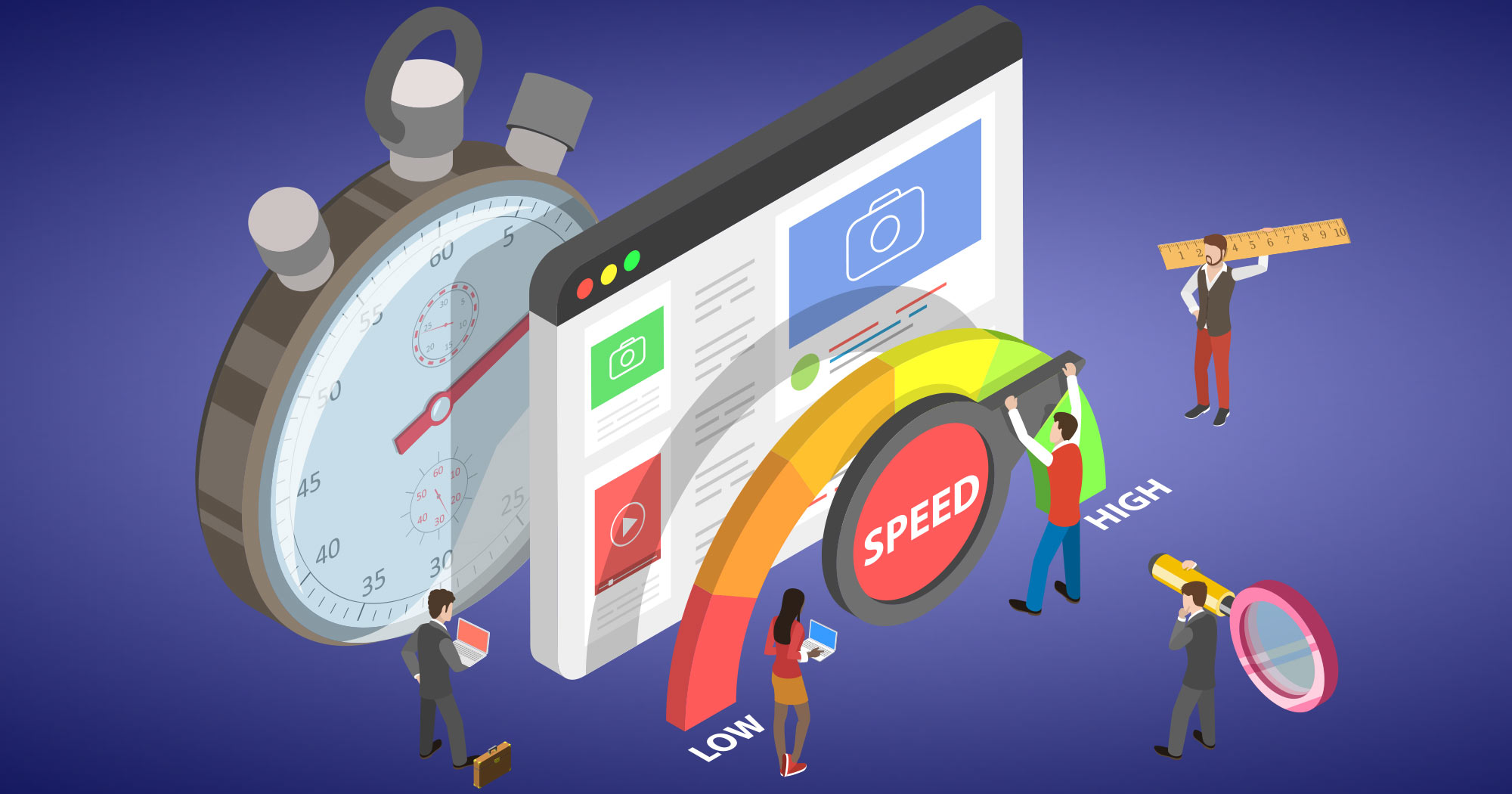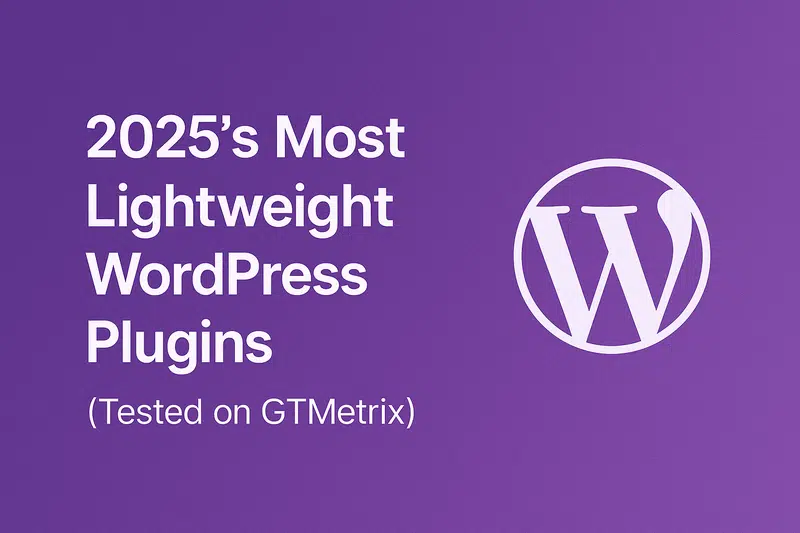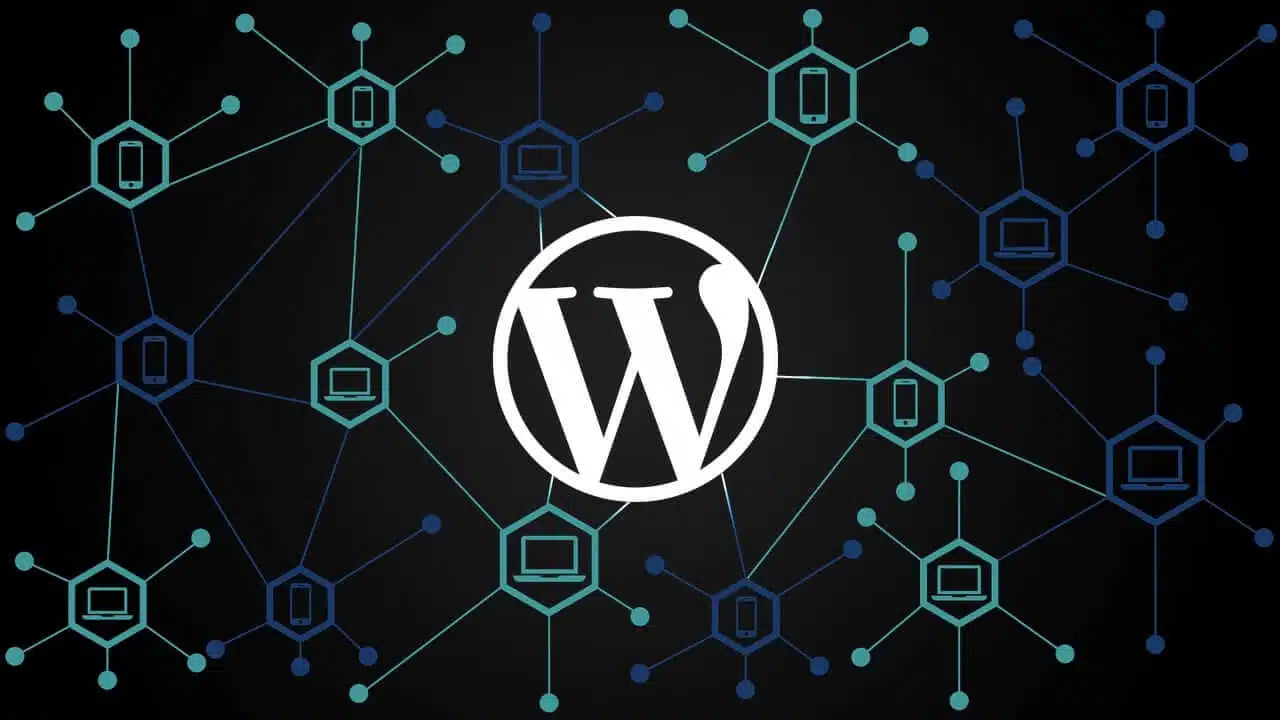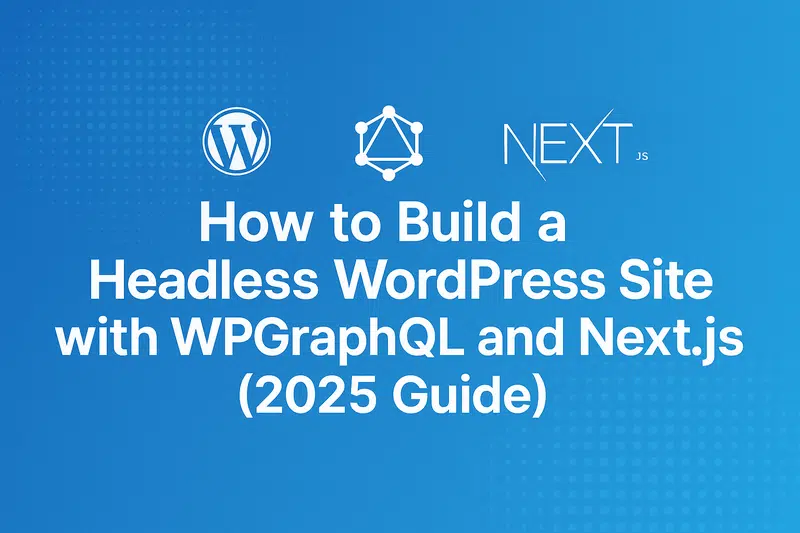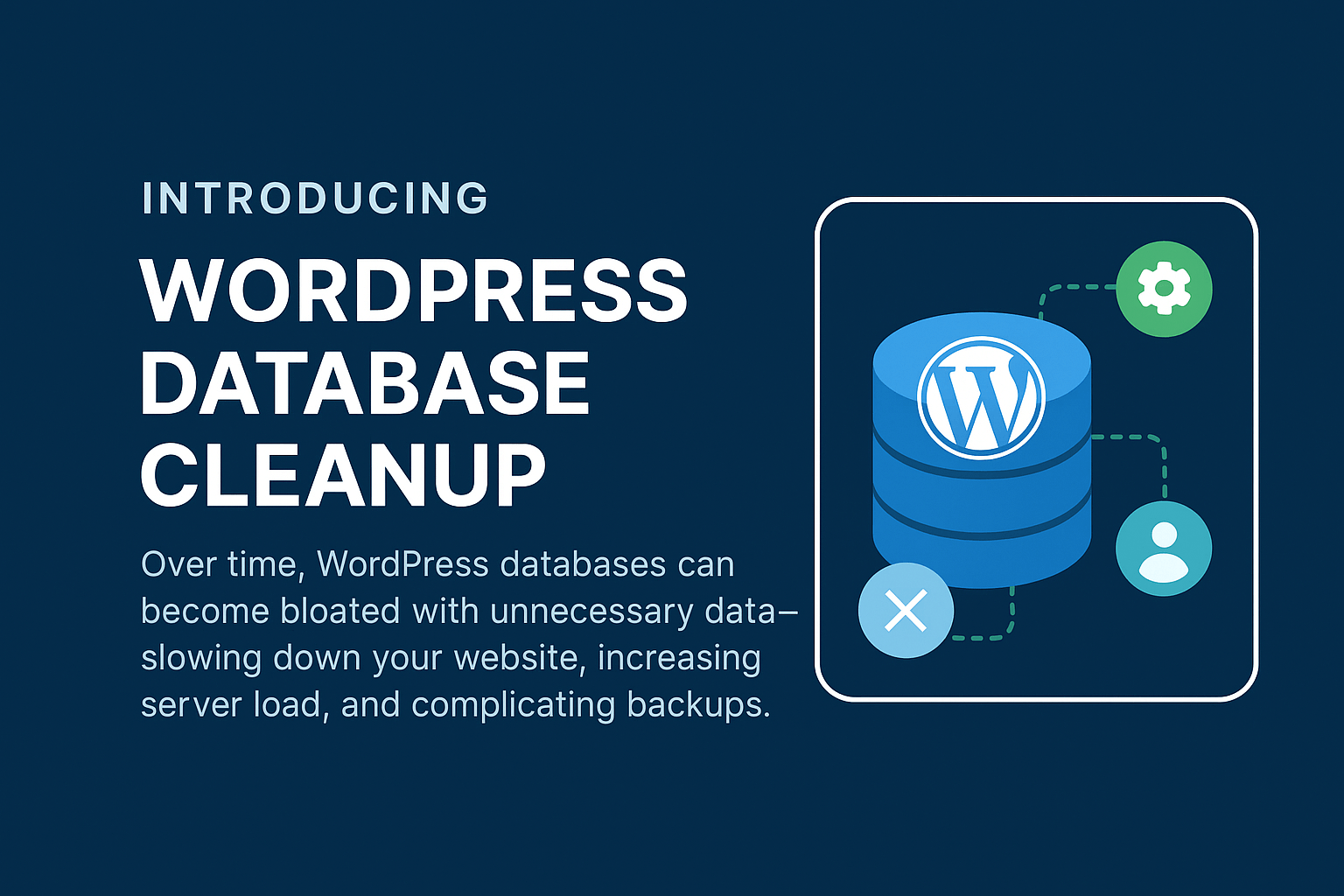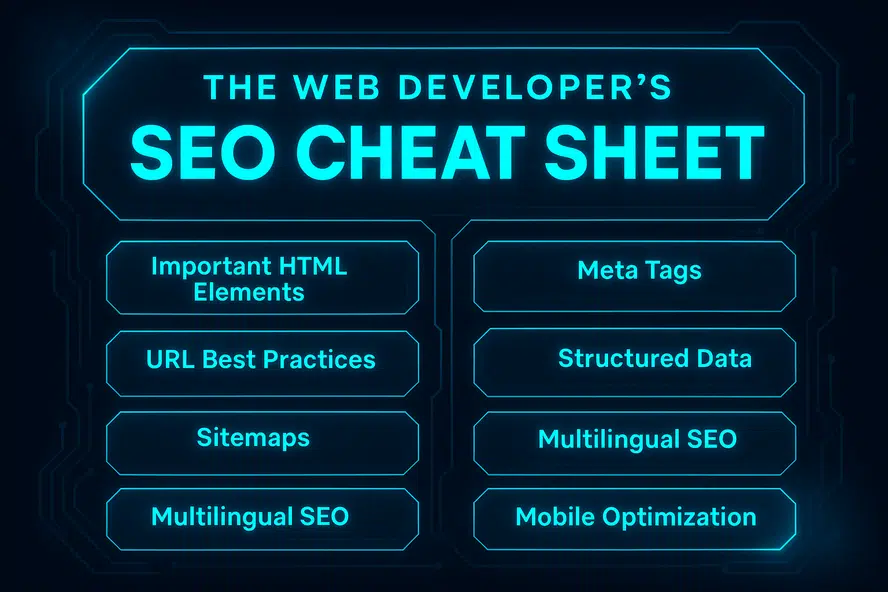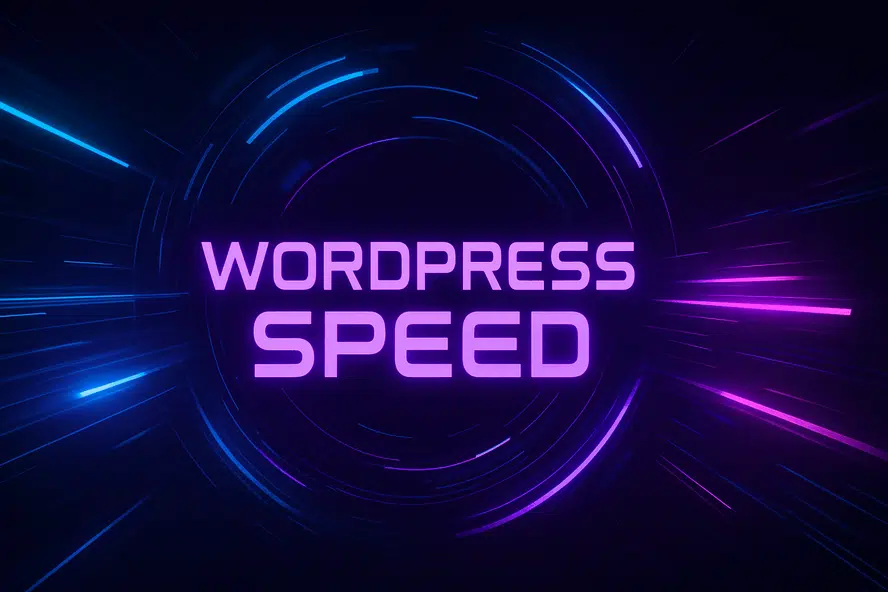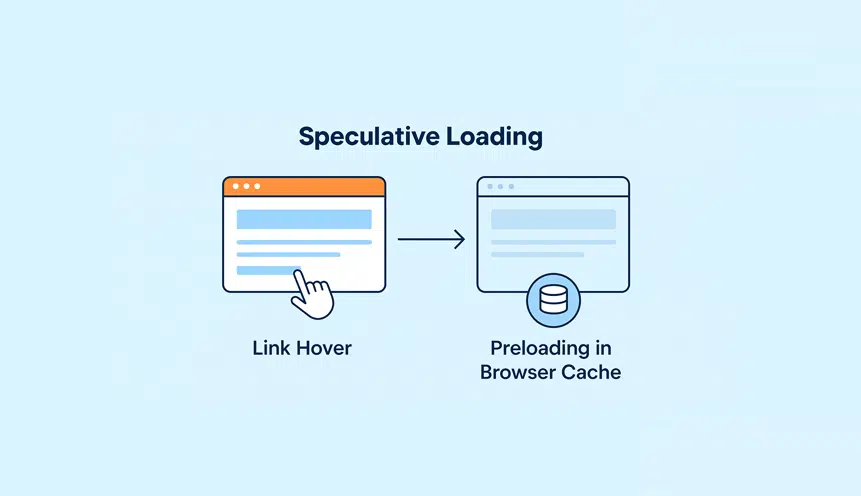Hack Your Site’s Speed: Practical Tips to Accelerate Your WordPress
Introduction:
In today’s fast-paced digital world, where attention spans are shrinking by the second, website speed plays a crucial role in determining the success of your online presence. Slow-loading websites not only frustrate users but also impact your search engine ranking and conversion rates. If you’re running a WordPress site, there are several practical tips and tricks you can implement to accelerate your website speed. In this article, we will guide you through some of the most effective techniques, debunk common misconceptions, and answer frequently asked questions to help you optimize your WordPress website speed.
1. Optimize Images:
One of the primary reasons for slow website speed is oversized, unoptimized images. To tackle this issue, compress your images without compromising the quality. Several plugins like Smush and Imagify can help automate this process. Ensure you choose the right file format (JPEG, PNG, or GIF) based on the type of image. Additionally, lazy loading techniques can be implemented to load images only when they appear within the user’s viewport.
2. Leverage Caching:
Caching is the process of storing reusable content to serve it faster to subsequent users. WordPress offers several caching plugins, such as WP Super Cache and W3 Total Cache, that generate static HTML files of your website. These static files are delivered to users, eliminating the need for dynamically generating pages with each request. By reducing the load on the server, caching significantly improves website speed.
3. Minimize Plugins and Themes:
While plugins and themes enhance the functionality and aesthetics of your WordPress website, using too many can substantially slow down your site. Evaluate your plugins regularly and remove any that are unnecessary or perform overlapping functions. Use lightweight themes that have a minimal code base to reduce the load on your server and improve performance.
4. Optimize CSS and JavaScript:
Combining and minifying CSS and JavaScript files can significantly improve your website speed. Minification involves removing unnecessary characters, reducing file size, and compressing code. Plugins like Autoptimize and W3 Total Cache can automate this process for you. Additionally, consider loading JavaScript asynchronously to prevent render-blocking issues and improve time to interactive.
5. Content Delivery Network (CDN):
A Content Delivery Network is a network of servers distributed globally that caches and delivers your website’s static content to users based on their proximity to the servers. By Hosting your website’s files on multiple servers, CDNs reduce latency and improve website speed. Popular CDN providers include Cloudflare, MaxCDN, and Amazon CloudFront.
6. Optimize Your Database:
WordPress stores your website’s content, settings, plugins, and themes in a database. Over time, this database can accumulate unnecessary data, which slows down queries and impacts website speed. Regularly optimize your database by removing redundant data, optimizing tables, and eliminating spam comments. Plugins like WP-Optimize and WP-Sweep can automate this task and keep your database lean and efficient.
7. Enable GZIP Compression:
GZIP compression reduces the size of your website’s files, making them quicker to download. By enabling GZIP compression on your server, you can drastically reduce file sizes and improve website speed. Most web Hosting providers offer GZIP compression as a server-level option, which can be enabled through the Hosting dashboard or by contacting customer support.
8. Optimize Your Hosting:
Choosing the right Hosting provider and plan is crucial for website speed. Shared Hosting plans often result in slower loading times due to limited server resources shared among multiple websites. Consider upgrading to a dedicated or managed Hosting provider that offers optimized servers, faster processing, and better support. Additionally, ensure your Hosting provider offers server-side caching and other performance-enhancing features.
9. Use a Lightweight Theme Framework:
WordPress themes come in various shapes and sizes, and some can be heavy on resources and slow down your website speed. Opt for a lightweight theme that is built on robust frameworks like Underscores or Genesis. These frameworks are designed to have minimal code, resulting in faster loading times and improved performance.
10. Monitor and Optimize:
After implementing the aforementioned techniques, it is essential to continuously monitor your website’s speed and performance. Tools like Google PageSpeed Insights, GTmetrix, and Pingdom can provide valuable insights into your website’s speed and suggest further optimizations. Regularly audit your site, analyze reports, and fine-tune your speed optimization techniques.
FAQs:
Q: Will optimizing my website speed improve my search engine ranking?
A: Yes, website speed is a critical factor in search engine rankings. Google has explicitly mentioned that website speed is a ranking signal.
Q: Are there any other techniques to speed up my website?
A: Yes, there are additional techniques like using a content delivery network, optimizing database queries, using a lightweight WordPress theme, and implementing server-level optimizations.
Q: Can I improve my website speed without technical expertise?
A: While some techniques require technical knowledge, many optimizations can be accomplished using user-friendly WordPress plugins. However, seeking professional help is always recommended for complex setups.
Q: How often should I optimize my website speed?
A: Website speed optimization should be an ongoing process. Regularly audit your website, monitor its performance, and make adjustments as necessary.
Conclusion:
In today’s digital landscape, website speed is crucial for engaging users, boosting search engine rankings, and increasing conversions. By implementing the practical tips and tricks outlined in this article, you can effectively accelerate your WordPress website and provide a seamless experience to your audience. Remember, speed optimization is an ongoing process, so consistently monitor and optimize your website to maintain peak performance.
Post Summary:
In this article, the importance of website speed is emphasized in today’s digital world. Slow-loading websites can frustrate users and negatively impact search engine rankings and conversion rates. The article provides practical tips and tricks to accelerate WordPress website speed. These include optimizing images, leveraging caching, minimizing plugins and themes, optimizing CSS and JavaScript, using a Content Delivery Network (CDN), optimizing the database, enabling GZIP compression, optimizing Hosting, using a lightweight theme framework, and continuously monitoring and optimizing website speed. The article also answers frequently asked questions about website speed optimization. The conclusion stresses the ongoing nature of website speed optimization.






